Filmmaker Agliberto Meléndez dies: legacy and tribute

Filmmaker Agliberto Meléndez , director of the iconic film A One Way Ticket , died yesterday at his home after battling an illness. His remains will be laid to rest today at the Blandino Funeral Home on Abraham Lincoln Avenue starting at 11:00 a.m., and he will be buried Friday at noon at the Puerta del Cielo Cemetery. He was 82 years old.
"Today, Dominican culture loses one of its great pioneers . The General Directorate of Film (Dgcine) and its Dominican Film Library deeply regret the passing of Agliberto Meléndez , filmmaker, cultural manager, and founder of our Film Library," an official statement said.
Reactions" A One Way Ticket " is the first Dominican production exhibited at international festivals and is considered a cornerstone of modern Dominican cinema . Agliberto dedicated his life to defending cinema as an art, memory, and engine of collective consciousness.
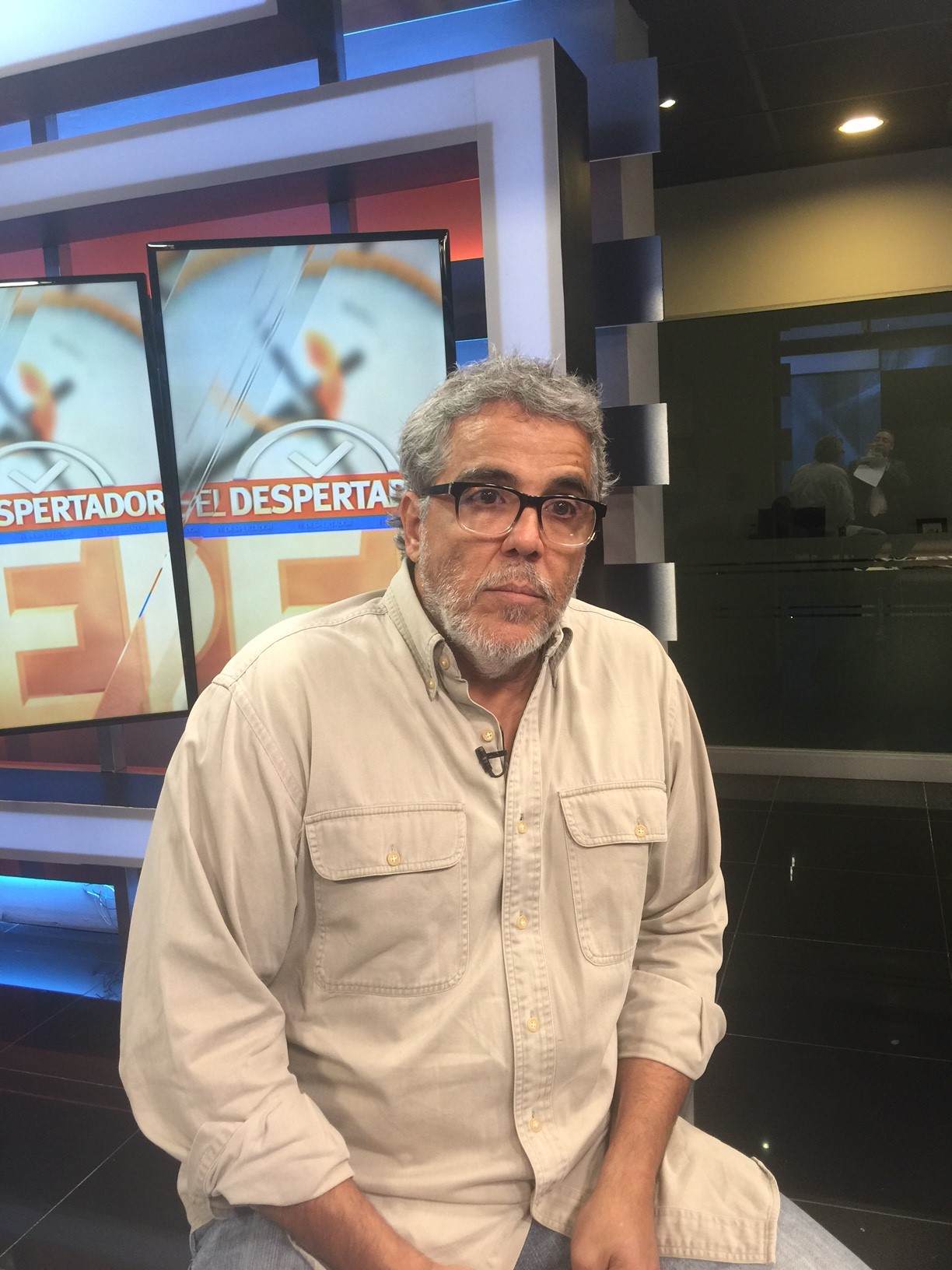
"When I was a minor, I told my mom I was going to Hollywood because I wanted to be a director and actor. I studied film and did television, but what I dreamed of never came to fruition. After a while in Venezuela, I returned and was told that Agliberto Meléndez was looking for me for a film . The first thing he said to me was: 'The doll is too fat!' I promised to lose weight if he gave me the role... and that's what happened.
A One-Way Ticket showed me that it was possible to make films with dignity . It was the most recognized Dominican film at festivals and marked a turning point. Agliberto created a family, a commitment, and showed us that with effort, it was possible . From then on, what came next was up to us.
Muñiz recounted that he met technicians, sound technicians, and actors thanks to that shoot , at a time when Dominican cinema was just a project: "From then on, it was up to us to continue with that commitment. But he was the pioneer ."
He also highlighted that One Way Ticket was the first film with a clear cinematic structure , very different from other previous attempts .

Actor Juan María Almonte , who starred in One Way Ticket , called Agliberto Meléndez 's work a founding milestone in the history of Dominican cinema . "For me, Dominican cinema has three great moments: La Silla by Franklin Domínguez, One Way Ticket by Agliberto Meléndez , and Nueva Yol by Ángel Muñiz . But One Way Ticket and Agliberto are the catalyst for contemporary Dominican cinema ," he stated.
According to Almonte , the film had a profound impact: "With One Way Ticket, a real interest in filmmaking began in the country. It showed that it was possible to make good Dominican cinema and attract audiences to theaters." He also highlighted its international recognition: "It won 14 international awards , was praised by the New York Times , and recognized at festivals in the Americas, Europe, and Asia. In Mexico, it was selected among the 50 best Latin American films of all time."
Almonte considered it necessary to re-evaluate both the film and the figure of its director : "We are talking about the founder and director of the National Film Library , an effective manager who managed to get the public to attend en masse to see films of aesthetic and narrative value."
Agliberto was also the driving force behind the first National Culture Festival in the 1980s, "a fundamental figure, a true hero of Dominican culture ," he emphasized.
Regarding the filming process, he shared: "The film was made by hand, with limited resources , with first-time actors and technicians, and yet history was made. Sometimes there wasn't even enough money for dinner, but we all worked with enthusiasm. On one occasion, filming had to be suspended because the owner of the boat no longer wanted to continue lending it, and support had to be sought from figures like Freddy Beras Goico ."
Finally, he called on the authorities : "The State should pay tribute by screening A One Way Ticket throughout the country, with forums and analysis. That film and its director are an essential part of the memory of Dominican cinema ."

Filmmaker Alfonso Rodríguez praised Agliberto Meléndez 's legacy as a key figure in the development of national cinema. "He was an essential figure in the birth and consolidation of Dominican cinema," he stated.
Rodríguez highlighted the institutional impact of the late director : " As founder of the National Film Library , Agliberto laid the foundations for preserving and disseminating our audiovisual heritage , something that until then did not exist with any solid foundation."
About A One Way Ticket (1988), his debut film, he said: "It was the first Dominican film that opted for a local, serious narrative with its own identity. With it, Meléndez opened a new path for our cinema ."
The producer and director also summed up his contribution: " Agliberto not only made films, he helped build an industry . His passing is a great loss, but his mark will live on in every story told with commitment and dignity through our cinema ."
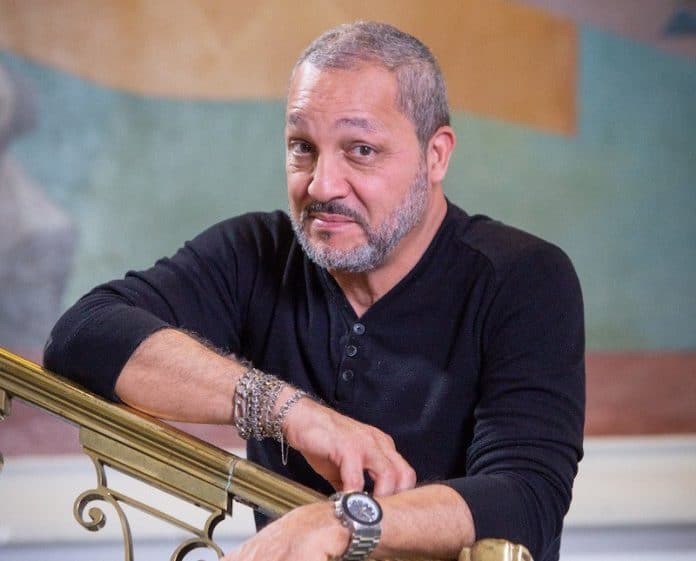
Actor Richard Douglas praised the career of Agliberto Meléndez , calling him "an essential figure in the history of Dominican cinema ." " Agliberto Meléndez made a great contribution to the country's film culture with his production , *A One Way Ticket *," said another of his colleagues. "He greatly promoted the industry through the National Film Library , and his work was invaluable, from directing to scriptwriting."
He emphasized his integrity in the face of political power: " Agliberto was José Francisco Peña Gómez 's brother-in-law, and although the PRD was in power, he never used that relationship to his advantage. He never took advantage of that situation to gain an advantage."
He also shared an anecdote from Venezuela : "I invited him to my house in Maracay, and on the way we passed a place where they were paragliding. I asked him if he wanted to jump, and he looked at me seriously: 'Look, friend, I'm a man who respects myself. Are you going crazy? Do you think I'm going to kill myself so stupidly getting on that thing? No, no! Let's get out of here right now.'"
"That was Agliberto : endearing , likeable , a man with character . He lived alone for many years, and he said that nothing was more exhausting than a woman who wanted to impose her opinion. That's how I remember him."
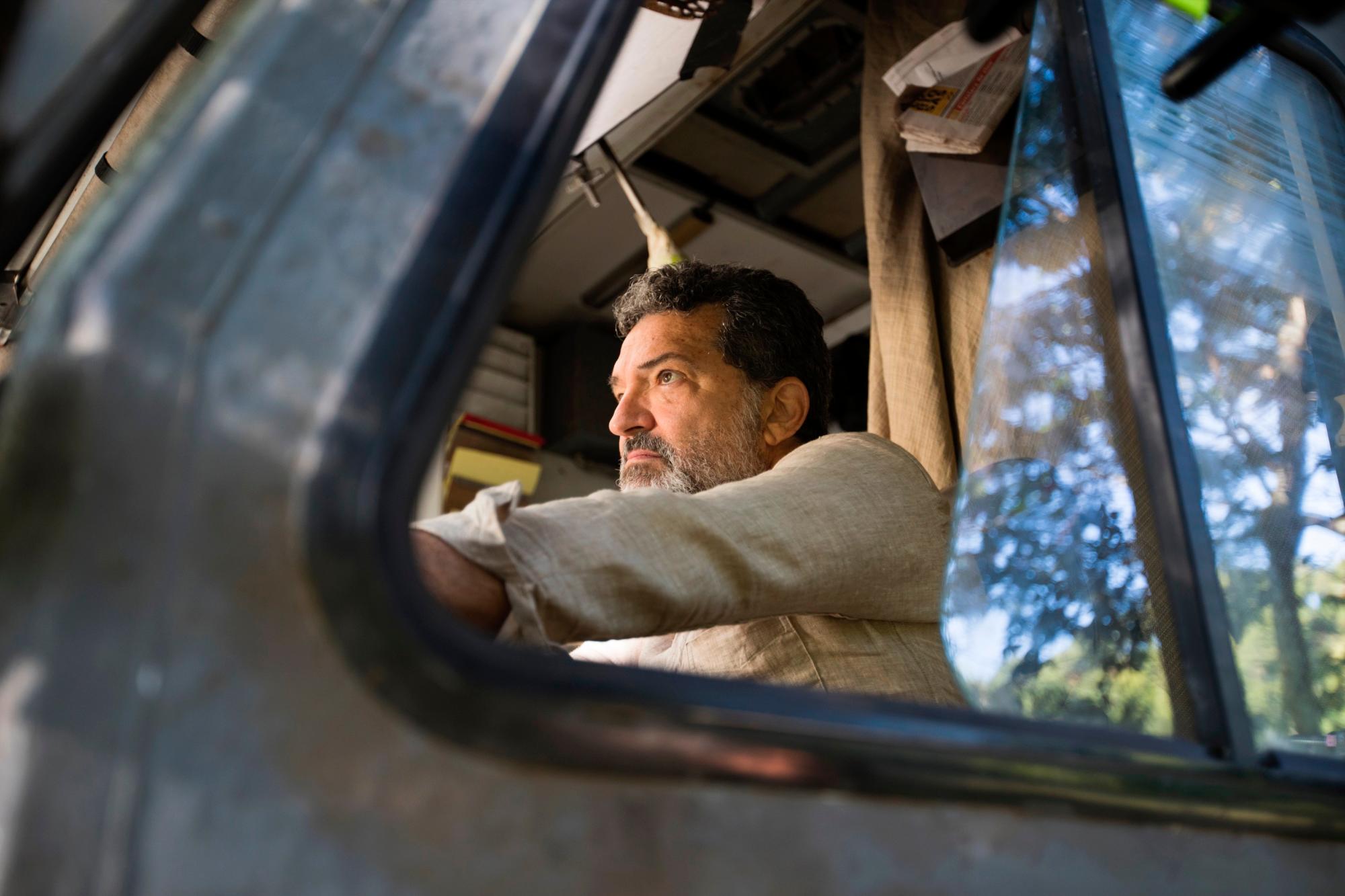
" Agliberto Meléndez was a support for national culture," said actor and filmmaker Félix Germán , who was part of the cast of A One Way Ticket.
"He was a visionary , an entrepreneur . A man who, when talking about cinema was a utopia here, decided to use his own resources and funds to complete the production of perhaps one of the most significant films in the world ," he said.Regarding the film's content, he added: " A One Way Ticket tells the tragedy of that Reyn Express trip, where many Dominicans, seeking the promised land and a better life, embarked on that dangerous journey , defying all the dangers and inconveniences that this entailed."
Félix Germán concluded by recalling his integrity and social commitment : "He was a good man, always a defender of the country's best causes. He had a long and fruitful life ."
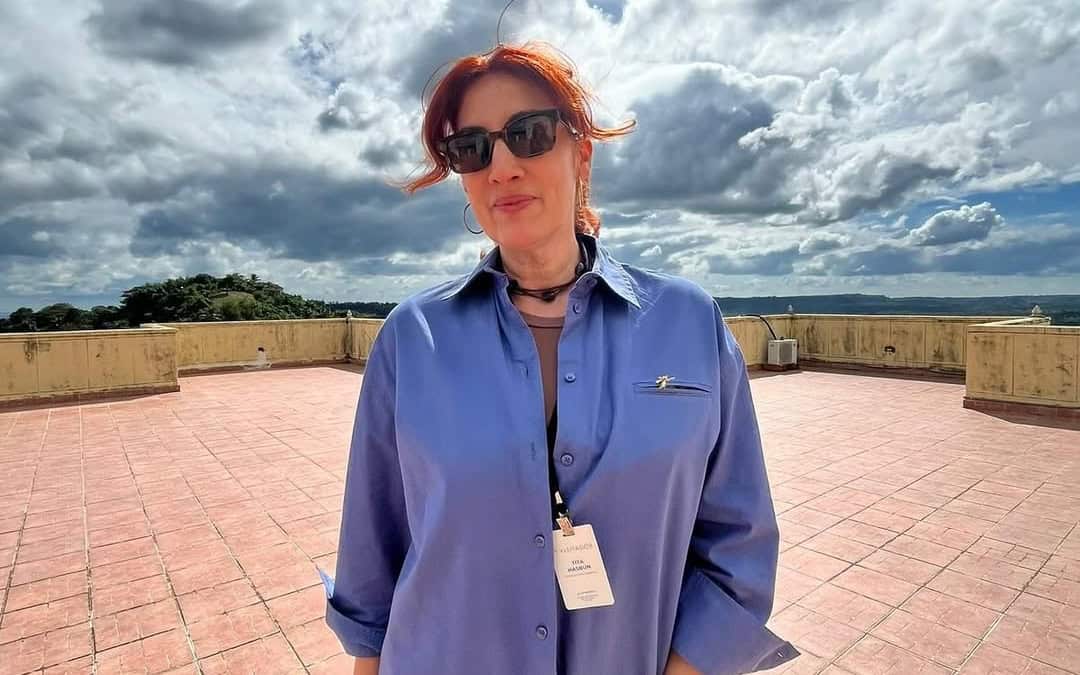
Film and television producer Tita Hasbún hailed Agliberto Meléndez as a visionary of national cinema, committed to culture and possessing a historical and sensitive perspective in his work.
"To speak of Don Agliberto Meléndez is to speak of a visionary filmmaker committed to Dominican culture , who stood out for making films based on historical sources. These films , by portraying reality in an audiovisual format, also raise awareness," Hasbún affirmed.
He highlighted his role as a role model for those who come from the world of television and are now part of the film industry : "He is a must- see , not only for his contributions to the seventh art, but also for his work in cultural institutions such as the National Film Library , Dominican Radio and Television, and the Culture Festival ."
Regarding his most iconic work, he emphasized: " A One Way Ticket , filmed entirely in the country with national talent , was seen by nearly one hundred thousand people in Santo Domingo and selected by a dozen international festivals. It was defined as the first Dominican film that marked the beginning of our history in cinema ."
Tita Hasbún concluded with a plea: " Thank you for inspiring us, Don Agliberto . Today more than ever we have to preserve this nascent industry , which not only entertains, but also educates, raises awareness and can be a catalyst for social change ."
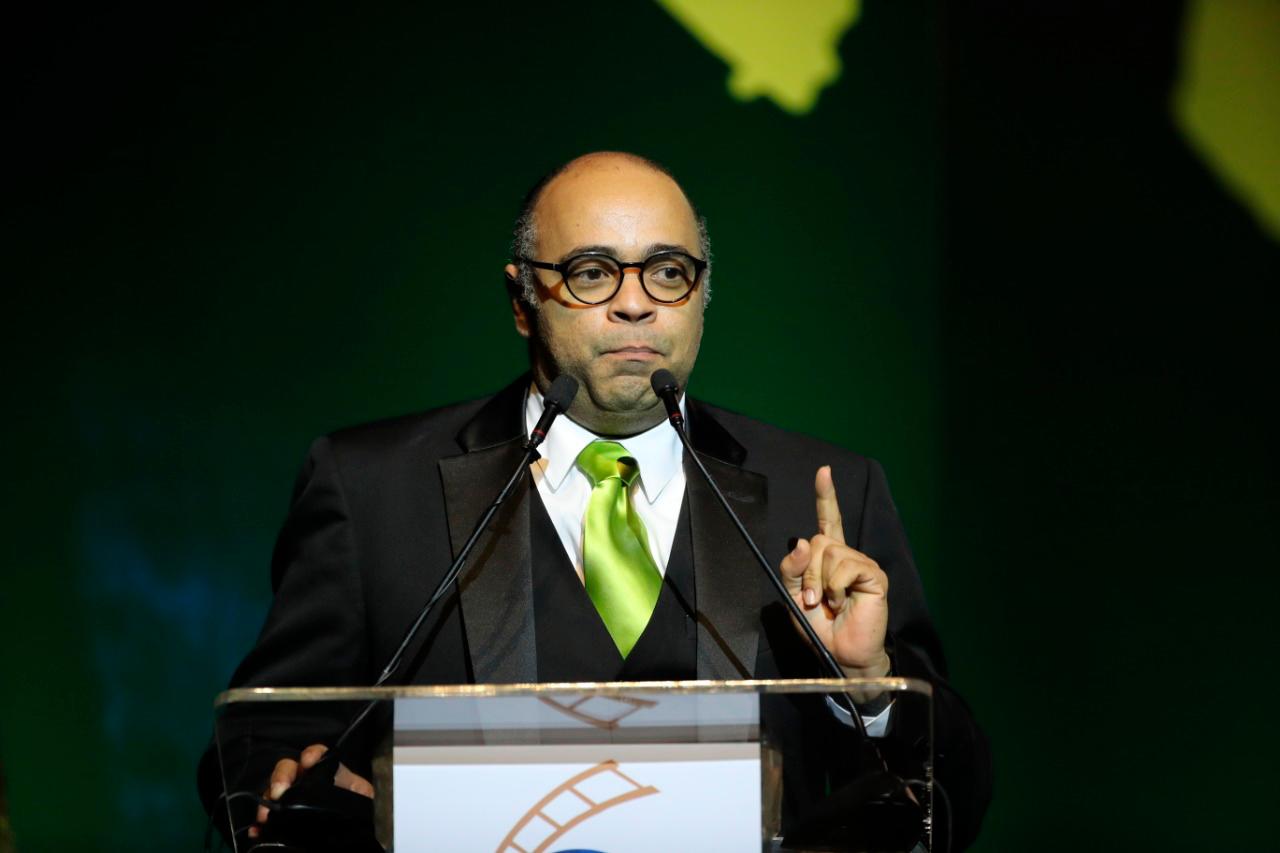
The director of the Santo Domingo Global Film Festival , Omar de la Cruz , deeply lamented the death of Agliberto Meléndez and highlighted his international impact. " One Way Ticket was the Dominican film that had the most international exposure. Agliberto was the most well-known example of our filmmakers abroad, " he stated.
He also highlighted his role as a promoter of local cinema : "He was one of the driving forces behind Adocine , one of the most consulted , always contributing without seeking prominence ."
He also recalled that La vida de Peña , his last film , had the support of former president Leonel Fernández , "not for politics, but for a genuine friendship that came from Peña Gómez ."
De la Cruz announced that the next edition of the Global Film Festival , in January, will be dedicated to Meléndez's memory. "The film industry must honor Agliberto by making good films and recognizing the greatest filmmaker of the Dominican Republic ."

Film producer Desirée Reyes deeply regretted the death of Agliberto Meléndez , whom she described as "a pioneering and revolutionary filmmaker."
"The Dominican Republic is mourning the death of Don Agliberto Meléndez ," he said. "His work brought our country's name to important international film stages for the first time, where his work and critical reflections paved the way and decisively contributed to the emergence of new generations of filmmakers."
Reyes highlighted his commitment to culture: "We honor his life and legacy, his generous and tireless work as a promoter of film culture in general, and, above all, his invaluable contribution to the development of a national film industry ."
" Thank you , Don Agliberto . Rest in peace !" he concluded.
Adocine
Danilo Reynoso , president of the Dominican Association of Film Professionals ( Adocine ), also highlighted the work of filmmaker Agliberto Meléndez , after learning of his death .
"We join in the grief of an entire industry for the loss of this great maestro, Agliberto Meléndez . Without a doubt, one of the founding fathers of our industry , a dreamer, a pioneer , a sower of a legacy that all filmmakers can enjoy today," Reynoso said.
The actor and cultural manager also highlighted Meléndez's vision as an artist: " I want to highlight, among many things about him as an artist, his great vision. He was more than a director ; he was a great visionary who bet on telling our stories, even when there was no industry or guarantee to do so."
- The president of Adocine concluded his message by highlighting the indelible mark Meléndez left on national cinema . "His legacy, his stories, and his contributions will never be forgotten by us as filmmakers. I wish him peace and express my condolences to his family," he concluded.
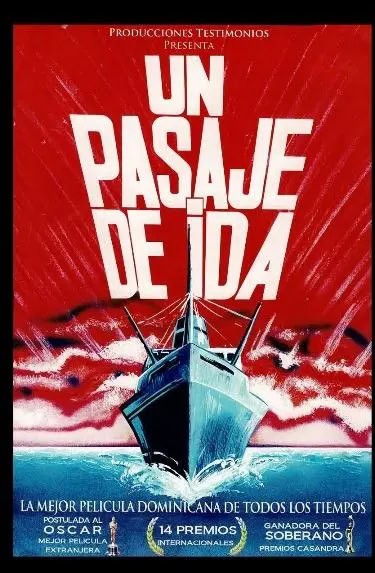
Premiered in 1988, A One Way Ticket was directed by Agliberto Meléndez and written by Adelso Cass, Meléndez, and Danilo Taveras. It starred Angel Muñiz, Carlos Alfredo Fatule, Horacio Veloz, Miguel Bucarelly, Victor Checo, Niní Germán, Félix Germán, Angel Haché, Pepito Guerra, Rafael Villalona, Frank Lendor, Giovanny Cruz, Juan María Almonte, Delta Soto, Juan Karlos Mañón, Johanny Sosa, María Castillo, and Teresita Basilis.
TOPICS -
Diariolibre





